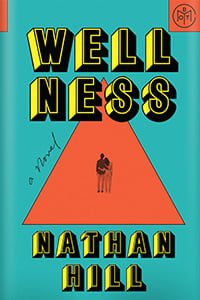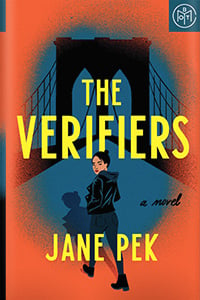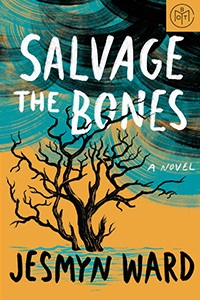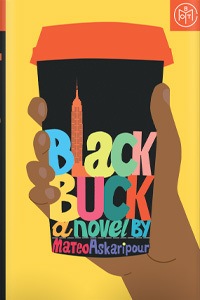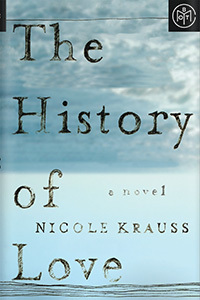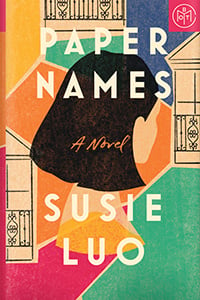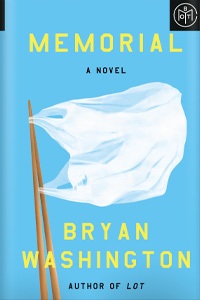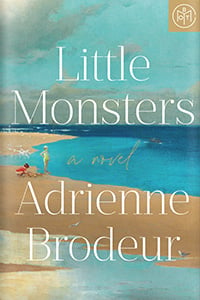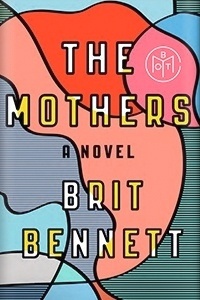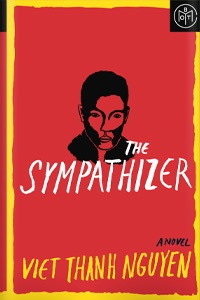

Literary fiction
Transcendent Kingdom
by Yaa Gyasi
Quick take
A push-and-pull between science and faith, as a child of Ghanaian immigrants copes with loss and unanswered questions.
Good to know
Heavy read
Nonlinear timeline
Sad
Critically acclaimed
Synopsis
Gifty is a fifth year candidate in neuroscience at Stanford School of Medicine studying reward seeking behavior in mice and the neural circuits of depression and addiction. Her brother, Nana, was a gifted high school athlete who died of a heroin overdose after a knee injury left him hooked on OxyContin. Her suicidal mother is living in her bed. Gifty is determined to discover the scientific basis for the suffering she sees all around her.
But even as she turns to the hard sciences to unlock the mystery of her family's loss, she finds herself hungering for her childhood faith, and grappling with the evangelical church in which she was raised, whose promise of salvation remains as tantalizing as it is elusive. Transcendent Kingdom is a deeply moving portrait of a Ghanaian-American family ravaged by depression and addiction and grief—a novel about faith, science, religion, love.
Read a sample
Get an early look from the first pages of Transcendent Kingdom.
Why I love it
Jenna Bush Hager
Co-host, TODAY with Hoda & Jenna
If you asked me to choose a favorite book written in the last decade, I would have to pick Yaa Gyasi’s debut novel, Homegoing. I distinctly remember reading that epic debut novel, unable to tear myself away from the story. When I heard Gyasi had a second book out, I couldn’t wait to get my hands on a copy. And let me tell you, it does not disappoint.
Transcendent Kingdom tells the story of a young Ghanaian-American woman named Gifty who is pursuing a Ph.D. at Stanford University. Her brother, Nana, has passed away from an overdose after an OxyContin prescription for an ankle injury led him to a heroin addiction, and her mother, gravely depressed, has come to stay with her. In a quest to understand the suffering that she and her family have experienced, Gifty throws herself into her neuroscience research. But in her search for answers, she also finds herself increasingly drawn back to the evangelical faith in which she was raised.
Where do we look for solace when the worst happens? How do we make sense of senseless tragedies? This is a story about those big questions. But it’s also a book about mental health and race and I believe that, at this moment in our culture, it will lead to some really important conversations. Not to mention the fabulous writing—as I read, I underlined so many gorgeous sentences. Readers familiar with Gyasi’s work, and those approaching her for the first time, will be blown away by this powerful, timely book.






